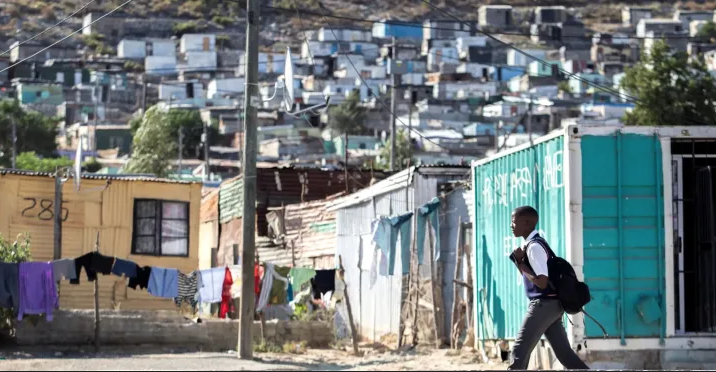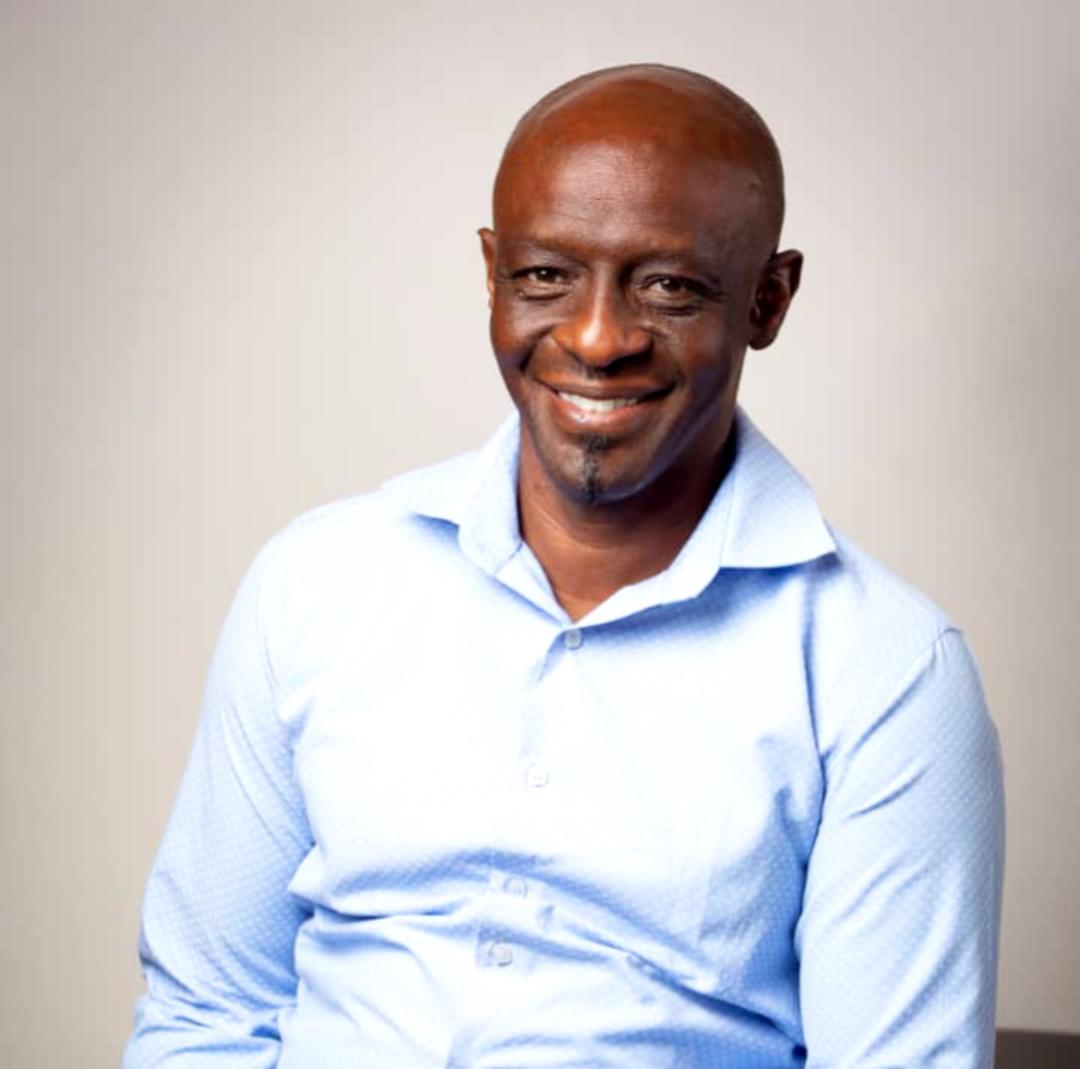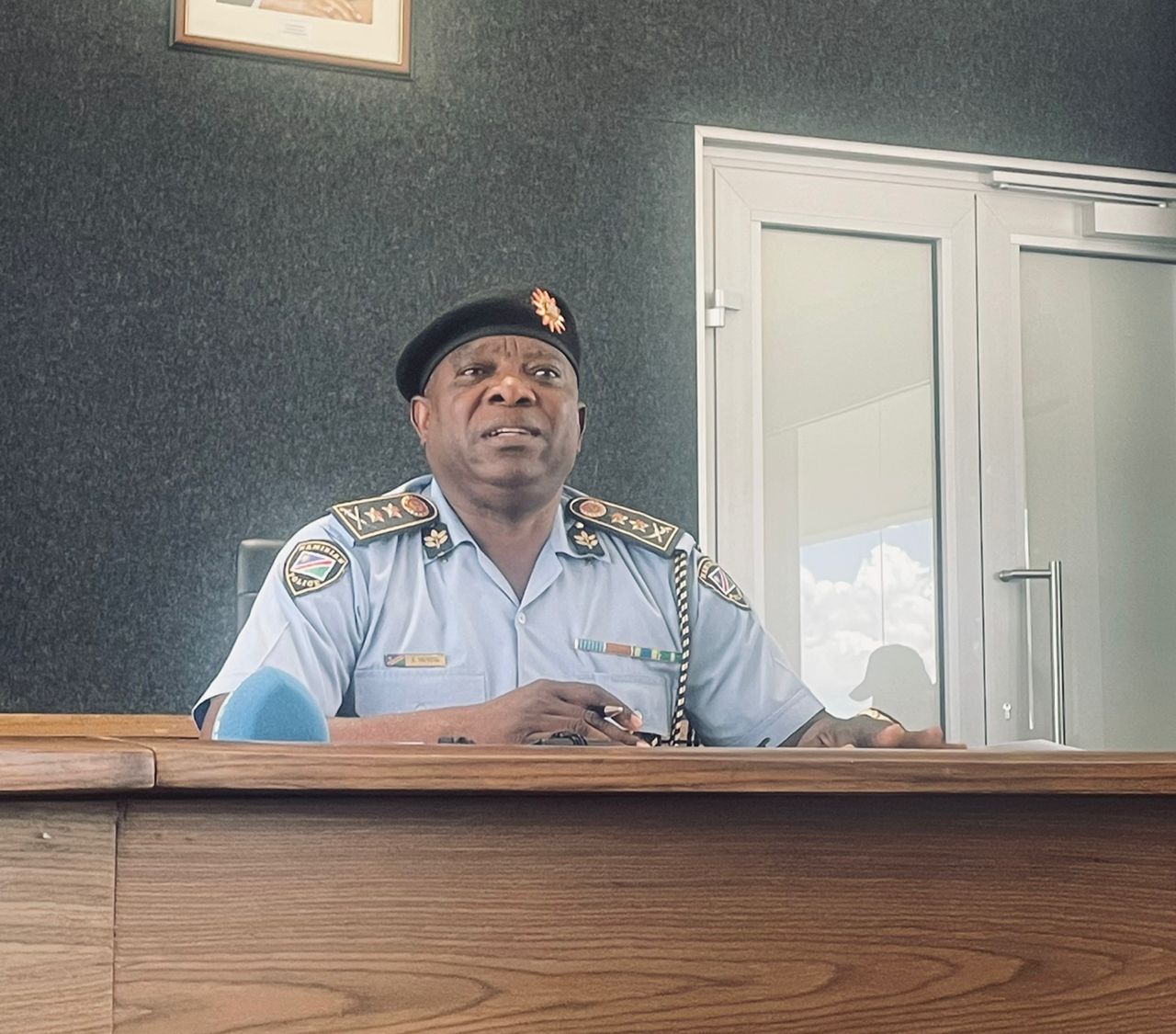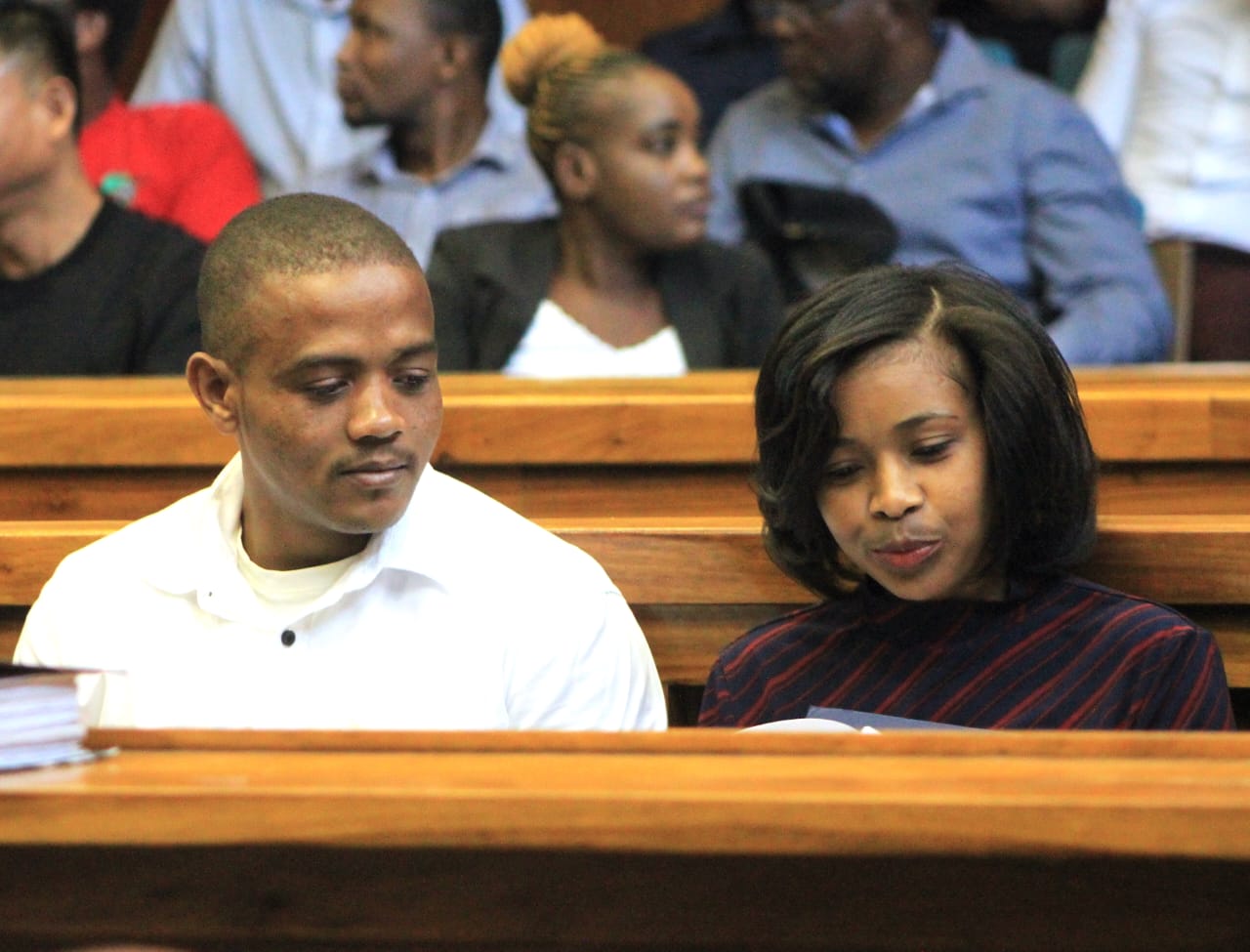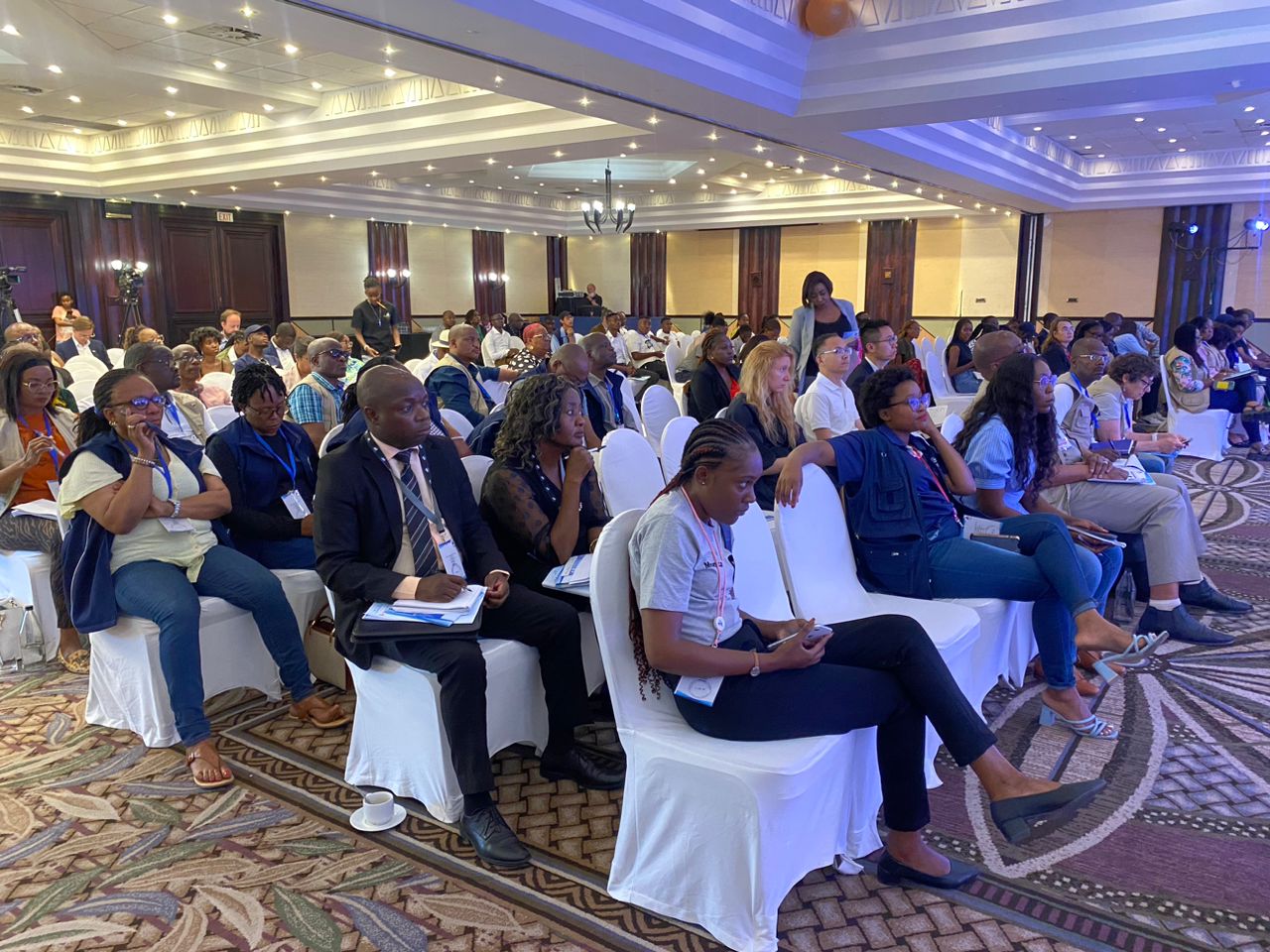If Eskom blackouts end permanently, crime and corruption are successfully prosecuted, and Transnet’s logistics get back on track, business leaders hope to see economic growth of 3.3% by the end of next year.
By 2025, SA’s economy could grow by 3% and create more than 1 million new jobs if the partnership between business and government continues to address crises in electricity and logistics, and crime and corruption.
This is a projection offered by SA’s prominent CEOs, who committed to mobilising financial resources and lending their expertise to the government over the coming years to help halt the country’s economic slide.
In June 2023, organised business (comprising about 150 CEOs) pledged its support to the government, offering expertise and money (mobilising R250-million) to fix the country’s problems in three key areas: electricity, transport and logistics, and crime and corruption. This support was known as Phase One.
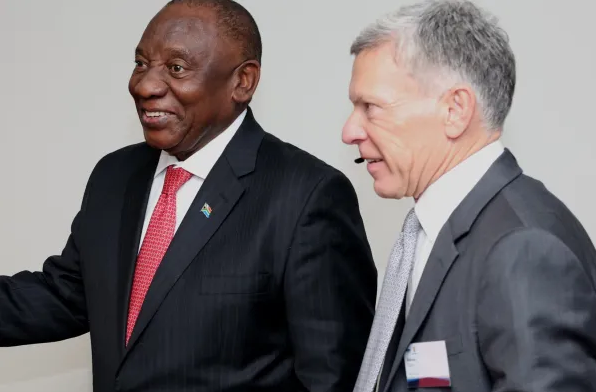
On Tuesday, the CEOs pledged to launch Phase Two of the partnership with the government, saying they would focus on permanently ending Eskom’s rolling blackouts, lending assistance to Transnet to run trains and ports, and helping law enforcement agencies investigate and prosecute complex corruption-related crimes.
If these initiatives are accelerated, they have the potential to lift economic growth, create jobs and improve sentiment and overall investment flows towards SA, the CEOs said during the launch of Phase Two in Johannesburg.
Eskom blackouts that have persisted for 16 years, crime and corruption that festered during the State Capture years, and Transnet’s inability to rail goods to markets have held back South Africa’s economy.
Apart from 2021, the last time the country’s economy expanded by more than 2% was in 2013. The economy grew by 1.9% in 2022 and 0.7% in 2023. GDP is expected to average about 1% in 2024.
Stretch targets
However, the CEOs, who rely on modelling from the Bureau for Economic Research, said their target of 3% economic growth by 2025 was a “stretch target”.
Phase One of the partnership between business and government clocked up some early wins.
At Transnet, processes are under way to partner with the private sector to run trains and ports independently for a set period, while pouring in money to upgrade the flailing logistics infrastructure.
At Eskom, there is a renewed focus on monitoring the performance of power stations, which has resulted in no blackouts for more than six months.
The private sector is working to deliver about 22GW (22,000MW) of renewable energy in the coming years, which would end the electricity crisis.
To tackle pervasive crime and corruption, business has offered expertise (even forensic) and raised more than R50-million to help law enforcement agencies investigate and prosecute complex corruption-related crimes at an “arm’s length basis”. The 10111 police line was capacitated with more resources to respond to crime-related incidents.
After 18 years of inaction, digital spectrum was auctioned, which brought faster internet speeds and lower mobile data costs.
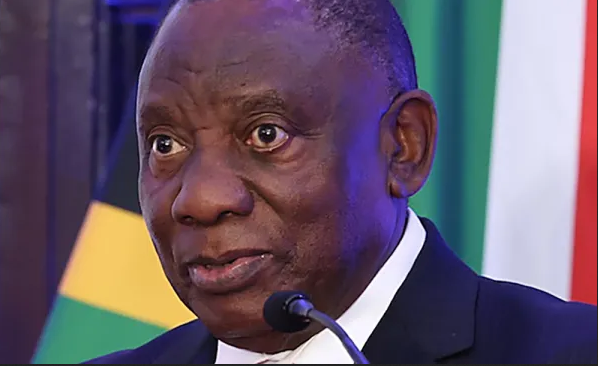
Discovery CEO Adrian Gore said the mood and narrative around SA had changed since Phase One of the partnership with the government.
“There is a feeling that things have changed. We need to accelerate the partnership and do more. The second phase will be about economic growth and jobs. It can be done if we push very hard,” said Gore, who is part of the partnership with the government.
Of the one million jobs set to be created by 2030, organised business wants 400,000 to be specifically created for young people.
Several things will have to happen to lift economic growth and create jobs.
Energy: the government and business want to improve the performance of Eskom’s power plants so that they maintain an energy availability factor (EAF) of more than 64%. An EAF is the main metric to measure the average percentage of power stations available to dispatch energy at any one time. A higher EAF indicates that Eskom’s power stations are performing well and lowers the probability of higher blackout stages.
Private sector investments worth more than R23-billion are needed to boost the renewable generation capacity to 4GW and construct 1,000km of new transmission lines. There is no capacity in the existing infrastructure, mainly high-voltage lines, in the Western Cape, Eastern Cape and Northern Cape to connect the renewable energy produced by private players to the grid.
Transport and logistics: by 2025, investments worth R28-billion need to be unlocked in rail infrastructure. To grow exports and attract investment, rail capacity needs to increase from a projected baseline of 170 million tonnes to 193 million tonnes.
Crime and corruption: the focus of the partnership between business and government is to get SA removed from the Financial Action Task Force’s greylist.
There was an expectation that the CEOs would take on more problems under the second phase. Business leaders were considering addressing the water crisis, with many parts of SA facing water shortages that threaten the quality of life, potential investment inflows and the sustainability of businesses.
Improvement in basic education standards in the public sector and increased support for early childhood development programmes are two more priorities that business has mooted.
Business for South Africa steering committee chair Martin Kingston said the CEOs had faced pressure to increase the number of priority areas, but decided against it.
“We might expand the areas in the future,” said Kingston.
Stay informed with The Namibian – your source for credible journalism. Get in-depth reporting and opinions for
only N$85 a month. Invest in journalism, invest in democracy –
Subscribe Now!


